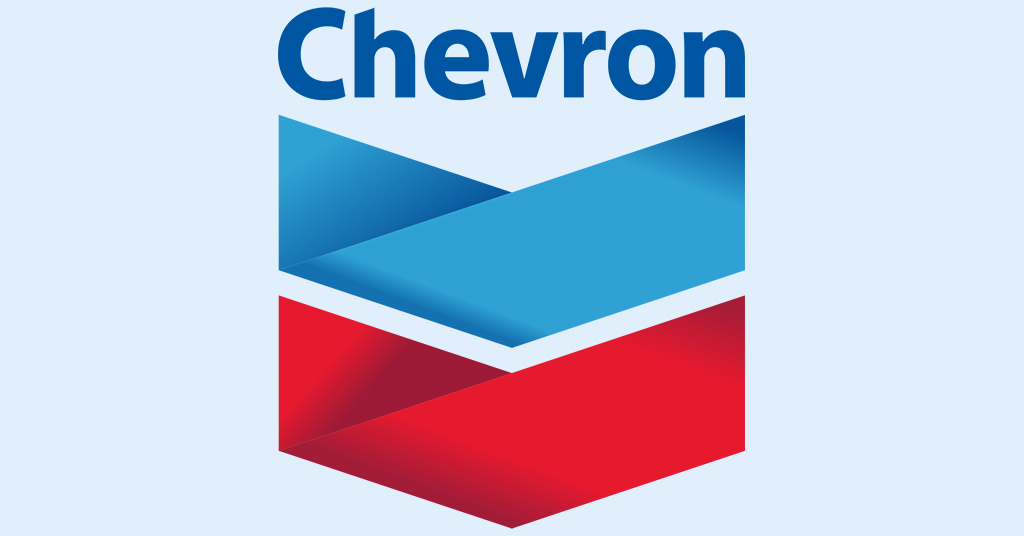Welcome To ChemAnalyst

Houston [US]: Chevron Corporation is positioning itself to remain a leader in the Liquefied Natural Gas (LNG) space, while simultaneously helping its customers prepare for a future shift towards Hydrogen-powered transportation. Speaking at CERAWeek in Houston, Mike Wirth, CEO of Chevron, warned that recklessly cutting off the 'old' energy system could result in chaos.
The Asia-Pacific region presents a unique challenge with regards to meeting its growing energy demand for economic development - the limited availability of capital for transition technologies makes this task increasingly difficult. However, major European oil and gas companies such as Shell plc and BP plc have been taking steps to shift their focus away from pure oil and gas investment, clearing space in the global LNG market for portfolio players to step in and fill both Asian and European demand.
Chevron is planning to expand its LNG portfolio in the second half of this decade. This includes developing options to supply LNG into both the EU and Asia.
The firm has a large gas position in the Eastern Mediterranean following their acquisition of Noble Energy in 2020, which they are now evaluating for potential floating LNG liquefaction export markets.
They are also looking at other possibilities such as exporting more LNG from the U.S. Gulf Coast, and potentially Venezuela in the future.
Chevron is committed to fuelling the clean energy transition, and recently announced a joint venture with Japanese utility JERA to replace some of its LNG imports with Hydrogen. While this move is seen as a step in the right direction towards reducing emissions, there are still concerns about stranded natural gas supply and affordable transportation costs. Hydrogen has a relatively low volumetric energy density, which means it will cost more to transport and store than LNG. These factors must be taken into consideration as Chevron moves forward on their journey to cleaner fuels.
Chevron has expressed interest in two different options for transport: Ammonia, which is an established market, and liquid organic Hydrogen carriers (LOHC) molecules, which have not yet been commercialized. Eimear Bonner, vice president and chief technology officer at Chevron, stated that these options provide advantages due to the existing storage and transport infrastructure already in place. LOHCs are advantageous due to their potential low vessel capital costs and the possibility of using large capacity vessels to help lower transport costs.
Chevron and JERA have announced they are involved in a joint study of Liquid Organic Hydrogen Carrier (LOHC) technology. Both companies are investors in Hydrogenious LOHC Technologies, the firm pioneering the technology. PETRONAS is evaluating LOHC to carry Hydrogen to its refineries, while South Korean importers are hopeful that LOHC technology could be commercialized soon. BP is also considering the same technology for transporting Hydrogen from its export-focused Asian Renewable Energy Hub in Western Australia.
The move away from Liquefied Natural Gas (LNG) to Hydrogen as an energy source is being driven by the need for power-generating and other high-emissions industries to find alternatives to reduce their environmental footprint.
To this end, Chevron and JERA are researching a method of producing low-Carbon Ammonia using natural gas combined with Carbon capture and storage (CCS), which could then be shipped to Asian markets as a clean substitute for natural gas in many applications. As different molecules, Hydrogen and natural gas do have distinct operational requirements, but fortunately, the LNG sector already has expertise in transporting gaseous fuels on a global scale. This includes understanding the complexities involved in conversion processes, market mobilization efforts, contractual frameworks, etc.
The talk in the Hydrogen sector is that initial development will likely be like the development of LNG in the late 1970s, with lenders confident to offer debt due to long-term off-take agreements. Such agreements can provide the security needed for projects to move forward and become a reality.
We use cookies to deliver the best possible experience on our website. To learn more, visit our Privacy Policy. By continuing to use this site or by closing this box, you consent to our use of cookies. More info.
